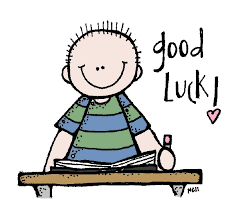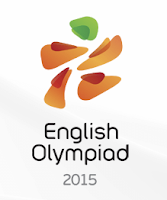№1, 2, 4. Present Perfect or Past Simple.
Повторяем: правило №1, правило №2, SB p.120-123, 135-136, неправильные глаголы: p.128, 135, 142, 149.
 Exercises
Exercises
№3. Закончи предложения новыми словами.
Повторяем: SB p.116, 127, 134-135, 141-142, 150.
Exercise 1
Exercise 2
Exercise 3
Exercise 4
№5. Подпиши картинку.
Повторяем: SB p.122, 129, 146, 149, 153, 155
№3. Закончи предложения новыми словами.
Повторяем: SB p.116, 127, 134-135, 141-142, 150.
Exercise 1
Exercise 2
Exercise 3
Exercise 4
№5. Подпиши картинку.
Повторяем: SB p.122, 129, 146, 149, 153, 155














